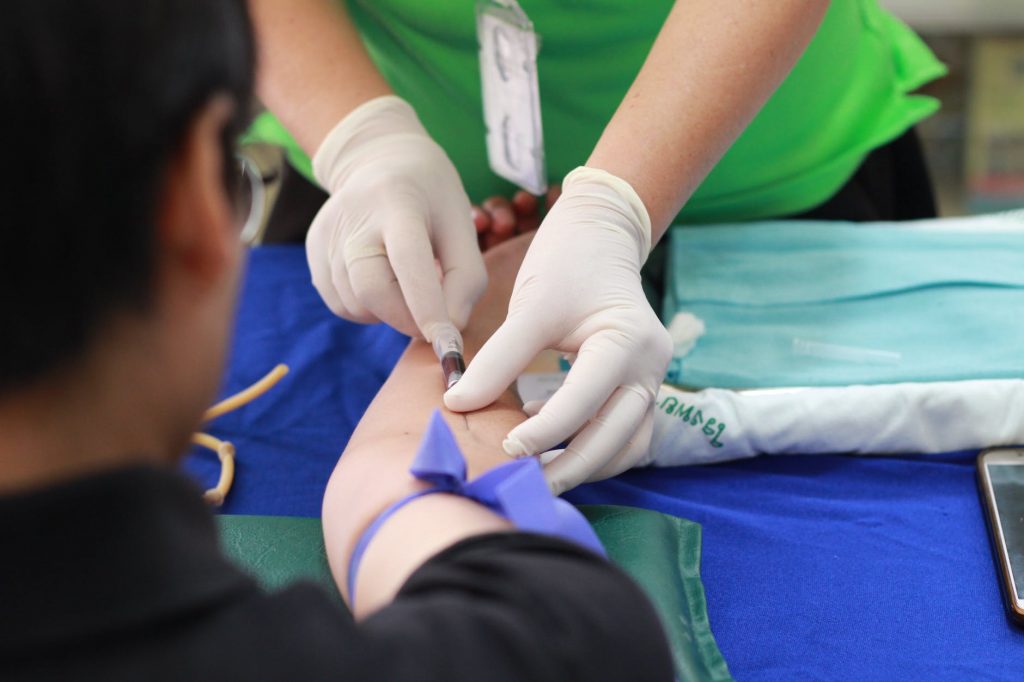The All-In-One Guide to Health Screening in Singapore
Everyone should put importance on health screening in Singapore. Health screening entails physical examinations, tests, or other procedures that can help in the early detection of brewing illness in people who do not show any signs of possible disease. It is different from diagnostic tests that someone must go through when he/she is experiencing symptoms or showing signs of a certain condition.
Why do I need health screening?
Even if you feel perfectly fine and do not show any signs of any illness that should cause an alarm, you still can’t be certain that your body is truly healthy unless you go through health screening. Early detection, good control of the condition, and application of a suitable treatment can lower the risk of complications and provide better outcomes. This should be enough reason to convince you how important it is to get yourself screened even if you feel fine.
What should I do after I got myself screened?
You still need to continue to undergo regular screenings. The health professional will recommend the frequency of your health screening. You need to do this because the screening can only uncover the health conditions that are in existence during that time. In the event that you developed symptoms or signs of a disease after a screening, you should consult your doctor immediately. You do not need to wait for your next scheduled screening.
If the results of your screening are unfavorable, you should follow-up with your doctor even if you feel fine. It is prudent to have early treatment to control your condition and prevent the disease from escalating into something more serious.
Why should I do the screening regularly at the recommended interval?
The screening that you are currently taking can only detect possible health issues at that time and cannot predict possible health issues on later dates. Regular screening can help prevent the worsening of any condition that may have only developed in the days after the finished screening.
Is it alright for a pregnant woman to go through health screening?
Pregnant women should consult her attending physician first to decide if it is necessary to go through the health screening.
Do people between 70 years old and older still need to have health screening?
If you are 70 years old or older and have not undergone screening in the past three years and do not suffer from any chronic conditions like hypertension or diabetes, you should consult with your attending physician on the need for health screenings.
If you have undergone health screening during the last three years, continue visiting your attending physician for your regular check-up and he will advise you on your recommended health screening schedule.
Should I still go and do the screening even though I am now taking medications for chronic disease?
If you are already suffering from chronic conditions, you should consult your attending physicians on the suitable screening tests that you can take.
When you’re ready to go for your health screening
There are things that you should take note of when you are ready to go through health screening. Remember these pre-screen dos and don’ts regarding fasting, medications, treadmill test, and things to note related to the ladies.
Fasting Dos and Don’ts Before Screening
- You are allowed to drink plain water only up to the morning of your scheduled screening.
- You need to fast for 8 hours prior to your scheduled health screening for your ultrasound liver, ultrasound abdomen, and blood tests.
About Supplements/ Medication
If you are taking supplements and/or medications in the morning, you need to delay it until a blood sample has been drawn from you.
Treadmill Test Pre-screen Dos and Don’ts
– It is prudent to bring along appropriate footwear and a change of clothes when taking the treadmill test.
– If you are taking beta-blocker medications, you need to stop taking them for three days prior to the scheduled date of your test.
Things Ladies Should Take Note Of
– Stool test, urine test, and Pap smear must be accomplished between 5 and 7 days from the last day of your period.
– If you suddenly begin menstruating on the scheduled screening day, you need to inform the nurses so you can schedule the test for another day.
– You may feel slight discomfort when taking an ultrasound abdomen test.
– You will be required to take several glasses of water before your pelvic ultrasound, and you are prohibited from urinating for about an hour before your examination.
– Do not put cream, powder, perfume, or deodorant under your arms or the breasts area on the screening day




